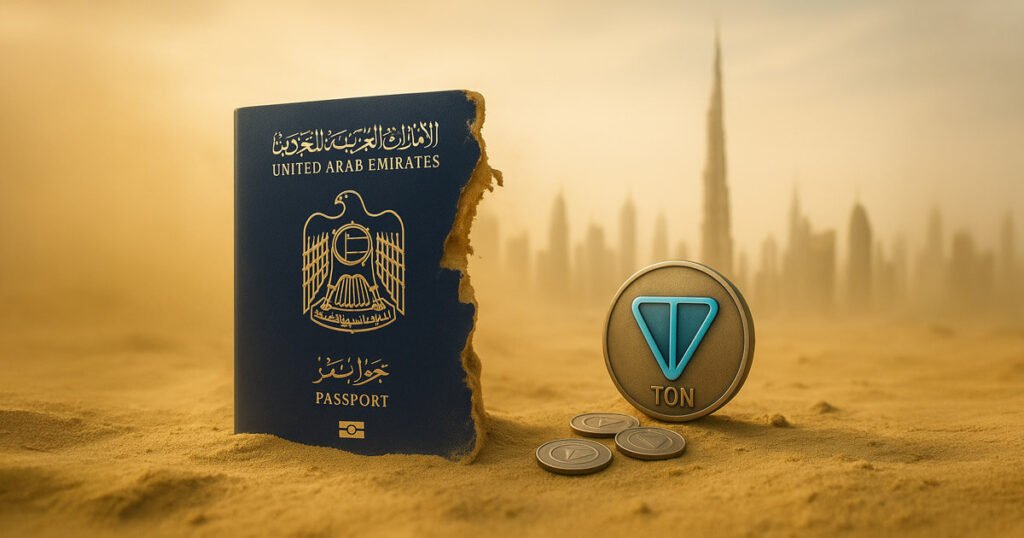UAE Authorities Clarify Golden Visa Eligibility for Digital Asset Investors
In a recent clarification, authorities in the United Arab Emirates (UAE) have officially denied claims that investors in digital assets are eligible for the country’s long-term Golden Visa program. This response follows social media chatter suggesting a new residency pathway, particularly for users involved with the Telegram Open Network (TON) token. The reaffirmation by regulatory bodies emphasizes the existing eligibility criteria and aims to guide individuals interested in the Golden Visa program.
Golden Visa Eligibility: What You Need to Know
The UAE’s Golden Visa program is designed for individuals possessing specific qualifications, including real estate investors, entrepreneurs, scientists, and exceptional talents. In a joint statement on July 7, three prominent regulatory organizations—the Federal Authority for Identity, Citizenship, Customs and Port Security (ICP), the Securities and Commodities Authority (SCA), and the Virtual Assets Regulatory Authority (VARA)—made it clear that digital asset holders do not currently qualify under this framework. The ICP iterated that eligibility is strictly defined, thereby invalidating any claims of an expanded visa pathway for cryptocurrency investors.
Regulatory Framework for Digital Assets
The SCA clarified that virtual assets have their own legal regulatory structure, separate from the Golden Visa criteria. VARA supported this assertion, noting that there are no existing initiatives granting visa privileges to digital asset holders within the UAE’s regulatory landscape. Additionally, it was emphasized that the TON token lacks appropriate licensing or authorization to operate within the UAE. This serves as a cautionary note for prospective applicants who might be misled by unverified information online.
The Role of Social Media and Misleading Claims
The false claims surrounding the new residency opportunity have sparked considerable online debate. Binance founder Changpeng Zhao (CZ) condemned the initial TON announcement as "aggressive/misleading marketing." Zhao pointed out that individuals could be prompted to pay an agent $1,000 to submit an application for a Golden Visa, without any guarantees of approval. The controversy reveals a gap between regulated information and misleading promotional tactics aimed at attracting digital asset investors to what is perceived as an easier residency solution.
The Controversial TON Announcement
The speculation originated from TON’s announcement, which suggested that individuals could secure a ten-year residency in the UAE by staking $100,000 worth of TON tokens and paying a one-time processing fee of $35,000. The announcement claimed that these tokens would be locked for three years via a transparent, non-custodial smart contract, allowing users to maintain ownership while earning an annual return of between 3% and 4%. TON pitched this as a less daunting option compared to traditional methods that typically necessitate real estate investments over $500,000.
Importance of Relying on Official Information
In light of these developments, UAE regulatory agencies have urged residents and aspiring applicants to refer solely to licensed firms and official government portals for accurate and updated information regarding the Golden Visa program. As digital currencies and assets continue to gain traction, it becomes increasingly vital for potential investors to discern credible information and avoid falling prey to misleading advertisements. Given the UAE’s firm stance on regulatory compliance, understanding the existing parameters is crucial for navigating residency opportunities in the region.
In summary, while the digital asset landscape continues to be an exciting frontier, investors are reminded to stay informed and cautious as they explore new opportunities within the UAE.


